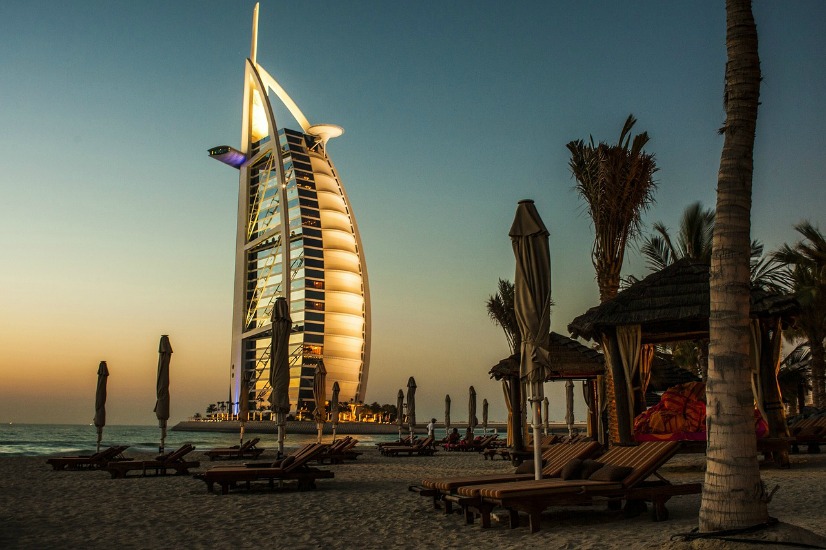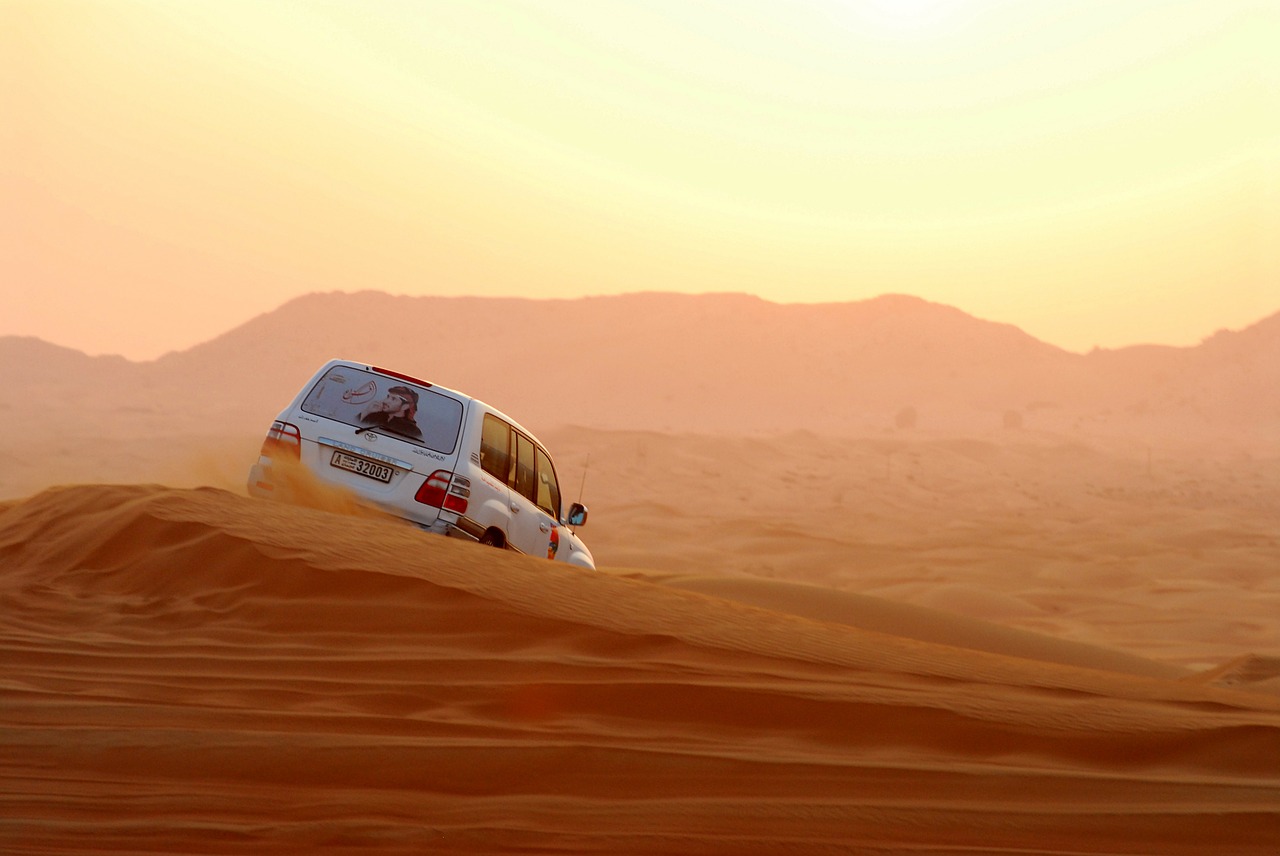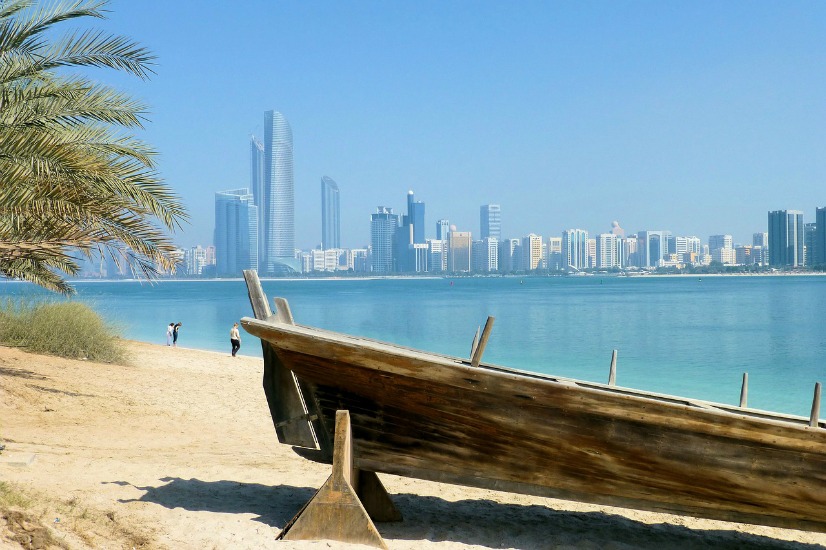- All Destinations
- Caribbean
- Antigua
- Aruba
- Bahamas
- Barbados
- Cancun
- Cuba
- Dominican Republic
- Grenada
- Jamaica
- Mexico
- St Kitts and Nevis
- St Lucia
- St Vincent and the Grenadines
- Tobago
- Turks and Caicos
- Caribbean Multicentres
- Caribbean Cruises
- Morocco
- Casablanca
- Marrakesh
- Agadir
- Singapore
- Middle East
- Abu Dhabi
- Ajman
- Bahrain
- Dubai
- Dubai Multicentres
- Egypt
- Fujairah
- Jordan
- Middle East Cruises
- Oman
- Qatar
- Ras Al Khaimah
- Saadiyat Island
- Saudi Arabia
- Malaysia
- Borneo
- Kuala Lumpur
- Langkawi
- Pangkor Laut
- Penang
- Malaysia Multicentres
- Hong Kong
- Thailand
- Bangkok
- Hua Hin & Cha Am
- Khao Lak
- Koh Samui
- Krabi
- Pattaya
- Phi Phi
- Phuket
- Chiang Mai
- Thailand Multicentres
- Thailand Islands
- Koh Lanta
- Far East Cruises
- South Africa
- Cape Town
- Kruger National Park
- Garden Route
- Eastern Cape
- South Africa Tours
- Cape Verde
- Europe
- Spain
- Greece
- Cyprus
- Portugal
- Croatia
- Italy
- Turkey
- Malta
- Europe Multicentres
- European Cruises
- Indian Ocean
- Maldives
- Mauritius
- Seychelles
- Sri Lanka
- Zanzibar
- Indian Ocean Multicentres
- Goa
- Indonesia
- Bali
- Bali Multicentres
- Vietnam
- Nha Trang
- Hoi An
- Hue
- Danang
- Phan Thiet
- Hanoi
- Ho Chi Minh
- Vietnam Multicentres
- Cambodia
- Phnom Penh
- Siem Reap
- USA
- Orlando
- New York
- Las Vegas
- USA Multicentres
- USA Cruises
- Japan
- Japan Multicentres
- Deals
- Cruise
- Manage Bookings
- Home
-
Destinations
- All Destinations
-
Caribbean
- Antigua
- Aruba
- Bahamas
- Barbados
- Cancun
- Cuba
- Dominican Republic
- Grenada
- Jamaica
- Mexico
- St Kitts and Nevis
- St Lucia
- St Vincent and the Grenadines
- Tobago
- Turks and Caicos
- Caribbean Multicentres
- Caribbean Cruises
-
Morocco
- Casablanca
- Marrakesh
- Agadir
- Singapore
-
Middle East
- Abu Dhabi
- Ajman
- Bahrain
- Dubai
- Dubai Multicentres
- Egypt
- Fujairah
- Jordan
- Middle East Cruises
- Oman
- Qatar
- Ras Al Khaimah
- Saadiyat Island
- Saudi Arabia
-
Malaysia
- Borneo
- Kuala Lumpur
- Langkawi
- Pangkor Laut
- Penang
- Malaysia Multicentres
- Hong Kong
-
Thailand
- Bangkok
- Hua Hin & Cha Am
- Khao Lak
- Koh Samui
- Krabi
- Pattaya
- Phi Phi
- Phuket
- Chiang Mai
- Thailand Multicentres
- Thailand Islands
- Koh Lanta
- Far East Cruises
-
South Africa
- Cape Town
- Kruger National Park
- Garden Route
- Eastern Cape
- South Africa Tours
- Cape Verde
-
Europe
- Spain
- Greece
- Cyprus
- Portugal
- Croatia
- Italy
- Turkey
- Malta
- Europe Multicentres
- European Cruises
-
Indian Ocean
- Maldives
- Mauritius
- Seychelles
- Sri Lanka
- Zanzibar
- Indian Ocean Multicentres
- Goa
-
Indonesia
- Bali
- Bali Multicentres
-
Vietnam
- Nha Trang
- Hoi An
- Hue
- Danang
- Phan Thiet
- Hanoi
- Ho Chi Minh
- Vietnam Multicentres
-
Cambodia
- Phnom Penh
- Siem Reap
-
USA
- Orlando
- New York
- Las Vegas
- USA Multicentres
- USA Cruises
-
Japan
- Japan Multicentres
- Deals
- Cruise
- Manage Bookings
- My Account

For After Sales please contact:
Click for Customer ServiceOpening Hours
Please note that bank holiday hours may vary and might not align with these standard timings.
Popular Posts:
Visiting Dubai during Ramadan - What you need to know

Thinking of booking a Dubai holiday? There is a common misconception that holidays to Dubai and other Muslim countries around the United Arab Emirates are off-limits during the month of Ramadan. Not only is this untrue, but you might actually be missing out on some quintessential Dubai experiences by avoiding this time of year.
The holy month of Ramadan is a wonderful time to visit Dubai, and this world-famous tourism hotspot welcomes holidaymakers with open arms.
If you’ve already booked your Dubai holiday without realising it coincides with Ramadan - or are looking for last-minute holidays to Dubai in the spring - fear not; we guarantee you’ll still have the time of your life.

What is Ramadan?
Ramadan is the ninth month in the Islamic calendar. It's one of the most holy months for Muslims, and is one of the Five Pillars of Islam. Muslims believe that this time of year is when the first verses of the Koran (the Islamic holy book) were revealed to the Prophet Muhammad.
Muslims observe Ramadan by fasting during daylight hours. This involves abstaining from all food and drink from sunrise to sunset, though some - including young children, pregnant or breastfeeding women and those who are ill - are exempt. The idea is to reach a heightened sense of spirituality and feel closer to God. Observers of Ramadan may also visit the mosque to take part in the night-time prayer Taraweeh, which is only held during the holy month.
Islam follows a lunar calendar and begins each year when the new moon is seen. As such, Ramadan can begin and end on a different date each year, and the start date can also sometimes vary slightly from country to country, depending on when the first sighting of the new moon takes place.
What is Eid al-Fitr?
To mark the end of Ramadan and to celebrate a month of religious sacrifices, Muslims celebrate Eid al-Fitr. Celebrations, colourful parades and breathtaking firework displays are just a few things we love about the festival of Eid.
Lots of observers attend prayers at the mosque before meeting up with loved ones for a celebratory meal. It's also common for money or gifts to be exchanged.
Useful phrases and greetings to use in Dubai during Ramadan
There are a few easy Arabic phrases you can learn beforehand to help on Dubai holidays during Ramadan. Wondering how to say 'Happy Ramadan'? Why not try and impress with a few of these simple greetings?
“Ramadan Mubarak” OR “Blessed Ramadan” – Rah-mah-dan Moo-Ba-Rak
“Ramadan Kareem” OR “Noble Ramdan” – Rah-mah-dan Kah-reem
“As-salamu alaykum” (Ahs-sah-lam-oo ah-lay-kum) ) - a typical Muslim greeting, to which you can reply “Wa-Alaikum-Salaam” (Wah-ah-lay-kum-sa-lam).
Ramadan etiquette
Muslims follow certain rules during Ramadan, including fasting or abstaining from eating and drinking, observing modest behaviour and refraining from negative thoughts and actions.
While non-Muslims are not required to fast, it is polite to adhere to local customs and respect the culture, no matter which area of the United Arab Emirates you're in.
What to wear on Dubai holidays during Ramadan
Whatever time of year you're visiting Dubai, you should pack modest clothing. This means loose-fitting trousers, shirts that cover the shoulders and shorts/skirts that cover the knees. Dressing appropriately for the local culture is especially important during Ramadan. It's absolutely fine to wear swimwear at the pool or on the beach, just remember to cover up when you leave for other areas.
Here are some quick tips you need to know when visiting Dubai:
- It's forbidden to eat or drink in public - you may be reprimanded or even fined by local police. Instead, make your way to designated areas found across the city, including at hotels.
- Try to dress conservatively and cover up where possible. This is especially important if you are visiting a mosque or a religious monument. You won’t be expected to cover up at Dubai’s waterparks or beaches, but choosing a more modest bathing suit is recommended
- Don’t sing, dance, swear or listen to loud music in public during the day. At night you'll find plenty of locals indulging in parties and celebrations, so just keep your energy pent up until sundown!

Eating, drinking and going out in Dubai during Ramadan
During the holy month, public drinking and eating is forbidden during the daylight hours, unless you're in a private place such as a hotel restaurant or designated eating space. Note that even chewing gum is prohibited during these hours!
Supermarkets and other stores will remain open during the day, so you can purchase food ahead of time - just make sure you don't eat it in public.
Many restaurants and cafes stay open during the daylight hours in Ramadan, discreetly serving meals behind screens or in designated areas. Some hotels and resorts will continue to serve or offer a separate lounge where you can enjoy a meal.
Check with your hotel to confirm their food and drink policy during the month. Your hotel will also be able to recommend the best places to dine around Dubai.
Most malls operate extended opening hours during the month to accommodate for late-night shopping and socialising. Throughout the day some food courts and restaurants will remain open to cater to non-fasting visitors.
Do note that most nightclubs stay closed during Ramadan, while many establishments halt live music performances.
Can you drink alcohol in Dubai during Ramadan?
Drinking alcohol in public is never permitted in Dubai - Ramadan or not. Similarly, exhibiting drunken behaviour is illegal too.
However, visitors and tourists over the age of 21 can drink alcohol in Dubai in certain designated areas - including hotel bars and restaurants. You may have alcoholic drinks in your hotel room during the day, or visit permitted bars and restaurants after sunset - ask your hotel concierge service for more advice on where you can eat and drink.
Iftar in Dubai
Iftar is the name given to the meal Muslims enjoy to break their fast after sunset and is a wonderful time to enjoy the spirit of Ramadan.
Many grand resorts host fabulous feasts and invite all guests to join in with the festivities. If you fancy yourself as a foodie you may well be in your element.
Head to an Iftar banquet for tantalising dishes and meze from all over the Middle East, including hummus, spicy lamb kofta kebabs, falafel, halloumi and shawarma.
As for dessert, be sure to save room for traditional baklava. The sweet and sticky treat is a Middle Eastern favourite, made of filo pastry, syrup and chopped nuts.
Suhoor in Dubai
As well as the breaking of the fast at Iftar, Muslims often enjoy a pre-dawn feast, called Suhoor. This is a meal taken right before sunrise, in order to prepare for a full day of fasting.
Many hotels and restaurants may be open for Suhoor meals, usually between 1am and 4am.
Transport and tourist attractions in Dubai during Ramadan
Much like New York, Dubai is a city that never sleeps.
Most tourist attractions stay open throughout Ramadan, including the Burj Khalifa, the Burj Al Arab, the Wild Wadi Waterpark, the Mall of the Emirates and the family favourite Aquaventure Waterpark.
Although clubs will be closed, cinemas and theatres often remain open during Ramadan - just make sure to check the timetables, as operating hours may vary. Museums, galleries and plenty of other attractions remain open, and often put on special exhibitions and shows during Ramadan.
As for transport, travel services do run but often operate on an alternative timetable or with slightly different hours. For instance, the monorail may start its service a little later or finish earlier.

Weather in Dubai during Ramadan
Thanks to the lunar calendar, Ramadan often lands just at the start of summer, meaning the heat will easily reach the mid to high thirties. While this is great news for sun-worshippers, there are a few important things to bear in mind.
As in any United Arab Emirates destination, it's important to dress modestly. Additionally of course, it's important to take every necessary step to protect yourself from heat stroke and sunburn by applying a higher factor of sun cream and regularly topping it up.
Because drinking in public during daylight hours is forbidden for Ramadan, you won't be able to drink water on the beach or in lots of places. On particularly hot days it might be a good idea to spend time by the pool or close to a designated private eating area. Carrying a small bottle of water and drinking it in a private area - such as an empty room or bathroom stall - is recommended to stay hydrated on hot days.
Five great reasons to visit Dubai during Ramadan
If you’re still unsure about taking a holiday to Dubai during Ramadan, here are five reasons to do so:
1. Scrumptious cuisine and grand evening banquets
Dubai comes alive when the sun sets! Expect a grand feast fit for a sultan at one of the many Iftar banquets held in Dubai’s many luxury resorts and hotels.
2. Fantastic value for money
Visiting Dubai during Ramadan is one of the most cost-effective ways to enjoy this bucket list destination. Flight and hotel prices are often very low, and you may also find lots of your most wished-for attractions less crowded.
3. You can discover a more traditional Dubai and delve deep into the culture
Why not embark on your own spiritual journey? While nobody expects you to fast unless you choose to, you may find peace and enlightenment by joining Dubai’s Muslim residents in observing the Ramadan traditions.
4. Eid celebrations
For a truly unforgettable experience, time your holiday to coincide with the tail end of Ramadan to take part in Dubai’s spectacular Eid al-Fitr celebrations.
Eid marks the end of Ramadan and the breaking of the fast, meaning spectacular fireworks, parties and parades. The festival of Eid can sometimes last for days and is a real favourite amongst tourists!
Dubai truly comes alive during Eid al-Fitr, and it's a fantastic opportunity to meet the locals and socialise with other visitors. You can also indulge in mouth-watering feasts during this time. Many hotels even feature live cooking stations offering everything from local Arabic and Islamic favourites to international treats.
5. Bargains galore for shopaholics
Because Ramadan is a special time of year and because Eid al-Fitr is celebrated as a public holiday, this is one of the best times to visit Dubai for some retail therapy. Shopping holidays to Dubai mean browsing world-renowned luxury boutiques and extravagant malls, so it's a must for fashionistas.
Lots of malls, shopping centres and other commercial areas will open late to accommodate Ramadan observers. Visit the Dubai World Trade Centre's special night market for an amazing array of choice, including luxury fashion and cosmetics.
There are also often special sales and deals on during Ramadan across the Emirate, making this one of the best times for shopping in Dubai.
For more information, or to see a selection of luxury holidays to the Middle East, check out our Dubai holiday guide.
Sign up to receive our top deals, competitions, and travel inspiration from the experts.
Too busy to talk? Researching your next adventure? Need a travel expert's perspective?

Important Information
View our Privacy Policy.
Looking for our site?
We noticed you're visiting from . Would you like to visit our site for local prices and offers?
You can always change regions from the footer menu


